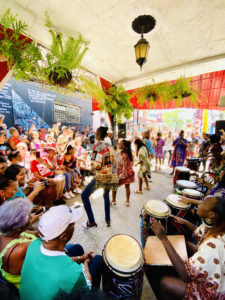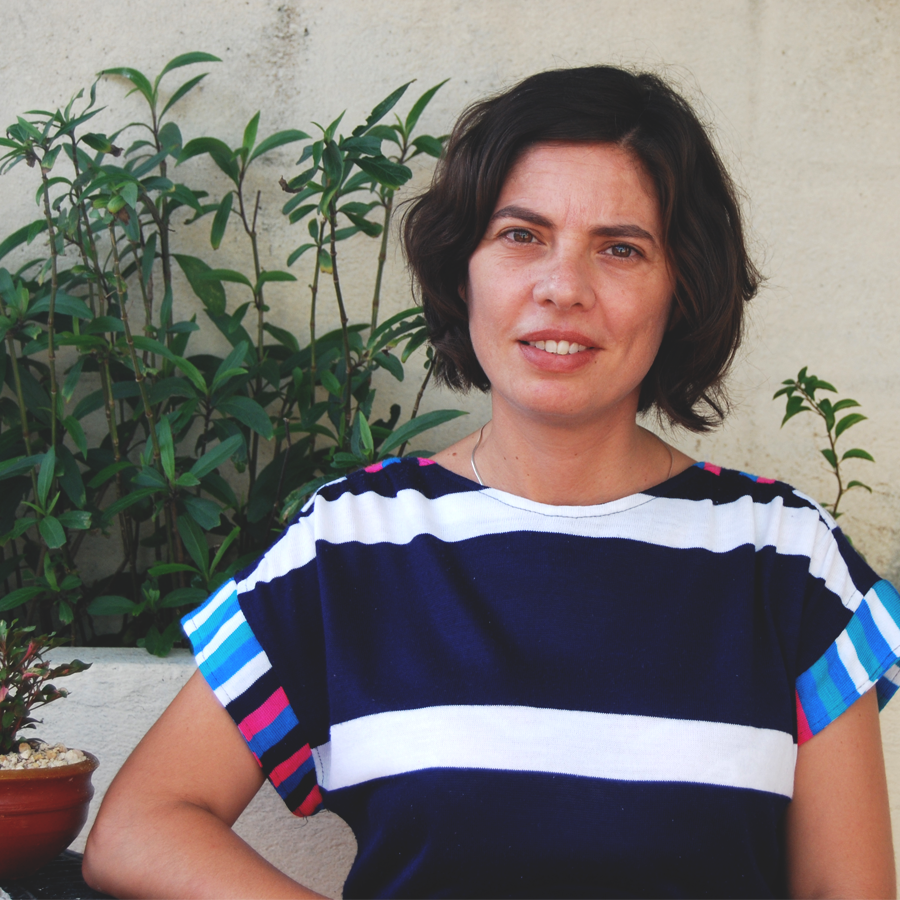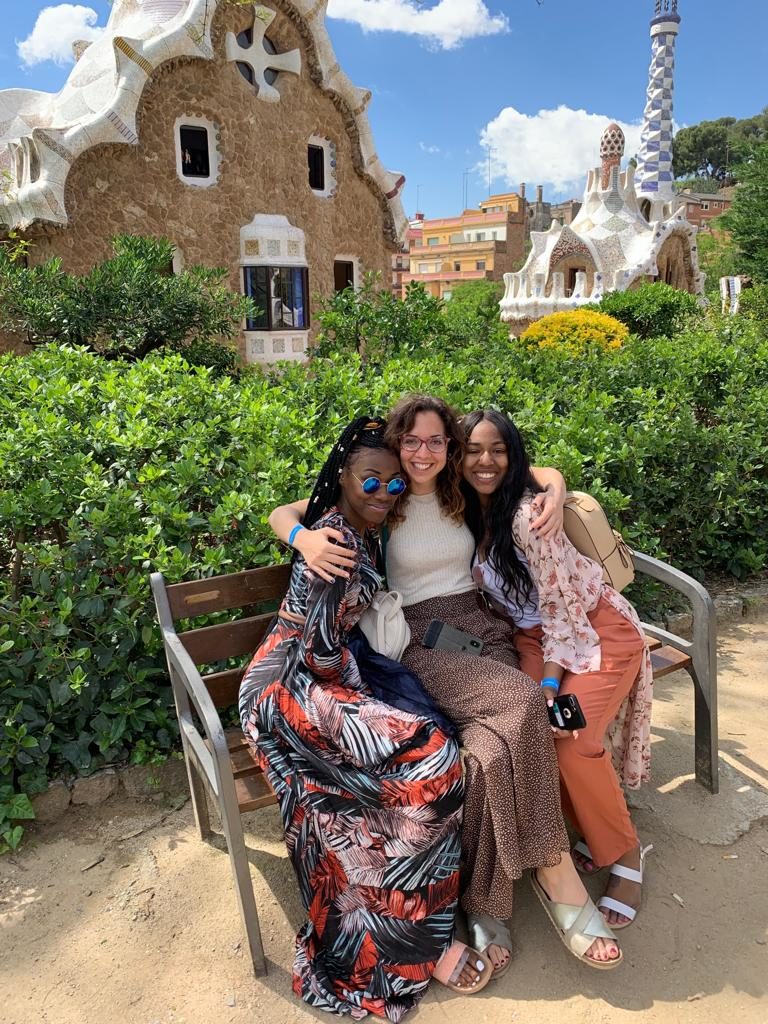12-15 Credits
12-15 Credits
12-15 Credits
12-15 Credits
Havana, renowned for its historic neighborhoods, captivating waterfront, and rich cultural heritage, offers an unparalleled setting for study abroad programs in Cuba. Established in 1514, this Caribbean treasure served as a critical gateway to the Indies and became one of the wealthiest ports in the Americas. As students navigate the streets of Havana, they are immersed in the vibrant rhythms of rumba and the unique sights and smells that embody Cuban culture.
The Cuban people are known for their warmth and hospitality, showing keen interest in connecting with students from the United States. This enthusiasm extends to the academic community at the Universidad de La Habana, where students take pride in their diverse cultural and political heritage. Recent changes to U.S. government regulations now allow college and university students to embark on study abroad experiences in Havana, Cuba. SSA offers a distinct opportunity for students to immerse themselves in Cuba’s rich mix of African, European, and American cultures, experiencing the country’s unique atmosphere firsthand.
Havana offers an unparalleled immersion into a living museum of Cold War history and vibrant Caribbean culture, unmatched by other destinations. Its unique selling point lies in the opportunity to experience firsthand the resilience and richness of Cuban society, amidst its historical complexities and the warmth of its people.

Choose your program by destination, term, or subject.

Launch your application and complete the required paperwork

Once you've submitted all your paperwork, SSA will confirm your acceptance. Secure your place by paying your deposit.
Discover more!

Havana’s artistic landscape is a mesmerizing blend of the old and the new, where colonial architecture provides a backdrop for a thriving contemporary art scene. The city breathes creativity, from the historic halls of the National Museum of Fine Arts to the vibrant street art adorning the neighborhoods of Callejón de Hamel. Havana’s artistic heart beats loud and proud, offering a unique canvas for creative exploration and expression.
Havana’s food scene is a testament to the island’s rich cultural heritage, offering a mix of traditional Cuban flavors and innovative culinary experiments. From the classic taste of ropa vieja and the sweet allure of mojitos to the burgeoning paladares (private restaurants) that push the boundaries of Cuban cuisine, Havana invites students to savor its diverse and tantalizing culinary landscape.
Immersed in the rhythmic cadence of Spanish and the warmth of Cuban hospitality, Havana presents a unique cultural and linguistic journey. Students have the opportunity to dive deep into the Cuban way of life, learning Spanish not just in classrooms but through the lively interactions and rich storytelling of its people. This vibrant cultural immersion fosters a profound understanding of Cuban identity and heritage.
Living in Havana is an adventure in resilience and beauty, where the city’s historical challenges interweave with its spirited daily life. Students can find themselves exploring the Malecón at sunset, engaging in community projects, or dancing to the infectious beats of salsa and son. Life in Havana is a rich tapestry of experiences, characterized by the warmth of its people and the city’s indomitable spirit. 🇨🇺✨
 Your study abroad experience in Havana, Cuba, is an immersive journey into the heart and soul of Cuban culture, history, and society. Beyond the classroom, a curated selection of cultural activities and outings awaits, offering a deep dive into the rich tapestry of Cuban life. Here’s a preview of the vibrant cultural experiences that will enhance your stay in Havana:
Your study abroad experience in Havana, Cuba, is an immersive journey into the heart and soul of Cuban culture, history, and society. Beyond the classroom, a curated selection of cultural activities and outings awaits, offering a deep dive into the rich tapestry of Cuban life. Here’s a preview of the vibrant cultural experiences that will enhance your stay in Havana:






These activities are thoughtfully integrated into your program to ensure a holistic experience of Cuban culture, from its historic roots to its dynamic present. While most activities are included in your program’s cost, some may require a small additional fee. Availability of activities may vary depending on the program schedule. This enriching cultural itinerary promises to make your time in Havana unforgettable, connecting you deeply with the heart of Cuba.

Homestays in Havana
Experience Cuban hospitality by living with a host family in a casa particular. Enjoy authentic daily breakfasts and dinners, with lunchtime as your chance to explore Havana’s eateries.
Located around a 25-minute walk from Universidad de La Habana, your homestay features double rooms with a private bathroom, air conditioning, and a refrigerator. Embrace the local living conditions, including the occasional cold shower or quirky appliances, as part of your authentic Cuban experience.
Due to legal and safety requirements, you must stay in approved housing throughout your program. This ensures your well-being and compliance with local regulations related to University of Havana programs.
Your Cuban host family will offer a supportive and welcoming environment, helping you navigate life in Havana. Feel free to share any needs or concerns with them.
Consider bringing a small gift for your host family as a gesture of appreciation and a way to strengthen your bond.
The Universidad de La Habana, nestled in the vibrant heart of Havana, Cuba, is not only one of the oldest but also the most prestigious universities in Latin America. Established on January 5, 1719, by the Dominican friars, it has marked a significant before and after in Cuban history, especially following the Revolution of 1959. This public institution stands as a beacon of academic excellence and intellectual growth, deeply intertwined with the nation’s cultural and historical fabric.
Boasting 21 faculties and 18 research centers across various fields such as economics, natural sciences, social sciences, and humanities, the Universidad de La Habana offers a comprehensive educational experience. It currently hosts around 60,000 students enrolled in 32 different academic programs, reflecting its vast academic reach and commitment to fostering a diverse learning environment.
The university has been a pivotal site for student movements that significantly contributed to the Cuban Revolution, embedding it further into the country’s historical narrative. Its campus, renowned for its stunning neoclassical architecture, provides more than just a picturesque setting; it is a place where knowledge is pursued vigorously, fostering an academic atmosphere ripe for exploration, innovation, and critical thinking. Here, students from across the globe are drawn not only to its rich academic traditions but also to its unique position within the dynamic, historical, and cultural context of Cuba.
Not sure if Habana is the right destination for you? Let us put you in contact with previous students so you can find out more about the destination or program to see if it’s the right fit. You may chat via text, email, telephone, or video call – whatever works best for you.
Give us as much information as possible to help pair you with the right alumni.


The mission of SSA is to promote our students’ in-depth understanding of Spanish-speaking countries through specifically designed and academically rigorous university-level and cultural travel programs.

INSTITUTIONAL RELATIONS Manager
Beth is your go-to contact for navigating the complex process of study abroad.
She aims to respond to all inquiries within one business day.
Don’t hesitate to drop a message. No question is too small!


Experience the Fusion of Cultures in San Juan’s SSA Adventure! 🌴📚🇵🇷

Dive into Authentic Cultural Immersion in the Heart of Argentina! 🇦🇷📚🌆

Navigate Through Panama’s Cultural Diversity with English Studies! 🛤️🌐🇵🇦

Venture into Patagonia’s Wild Beauty with the SSA Environmental Studies Program! 🏞️🔍🇦🇷🇨🇱
Trying to learn more about Study Abroad?
We’re sending you our A-Z study abroad guide, including:
